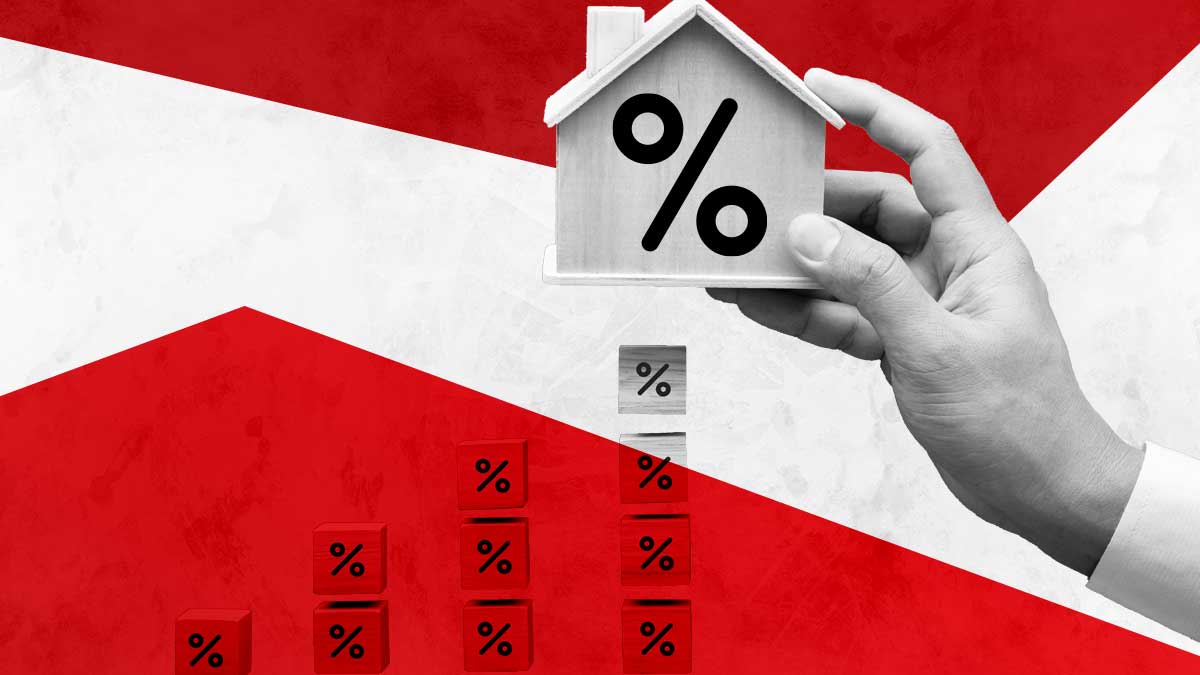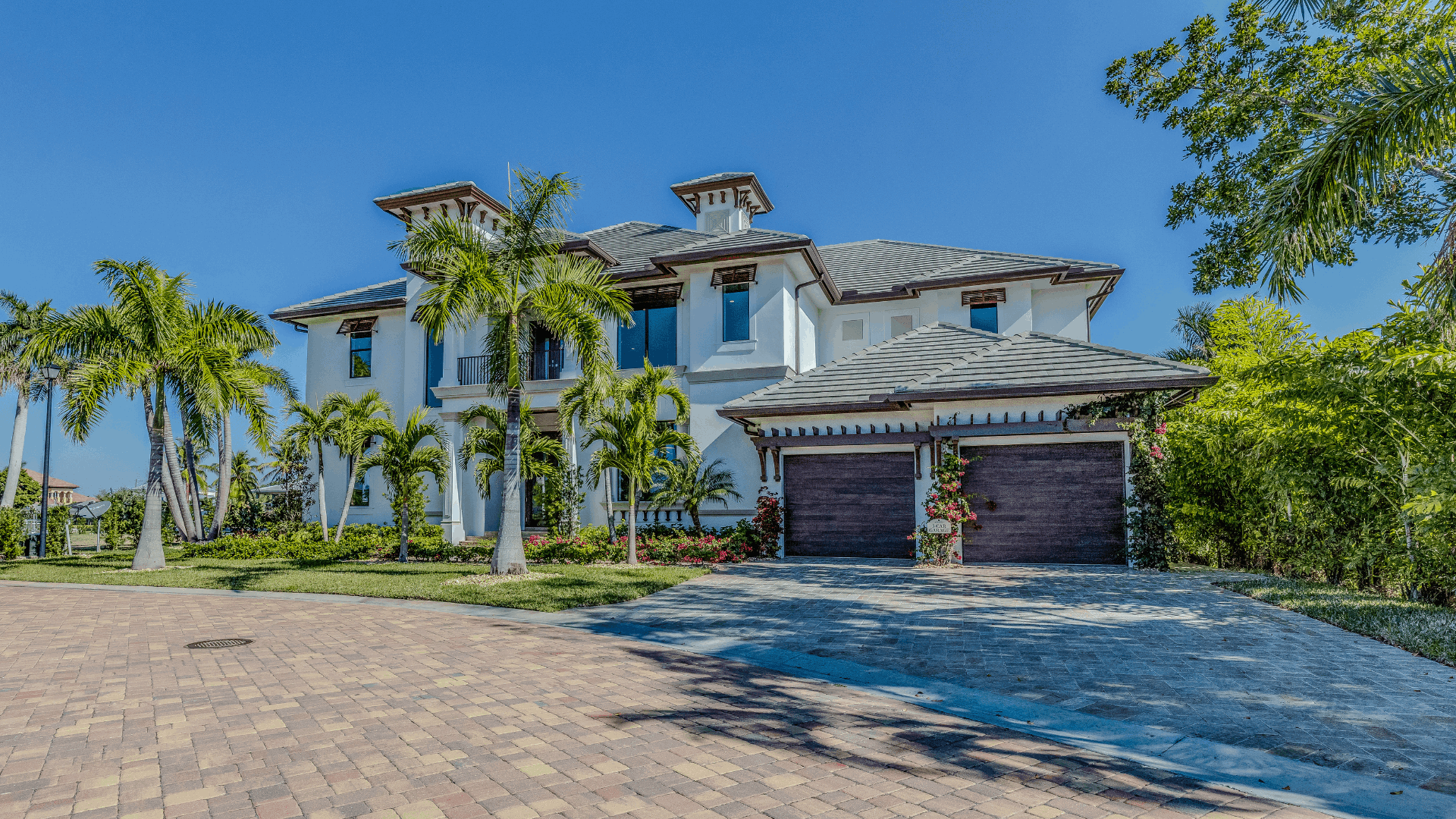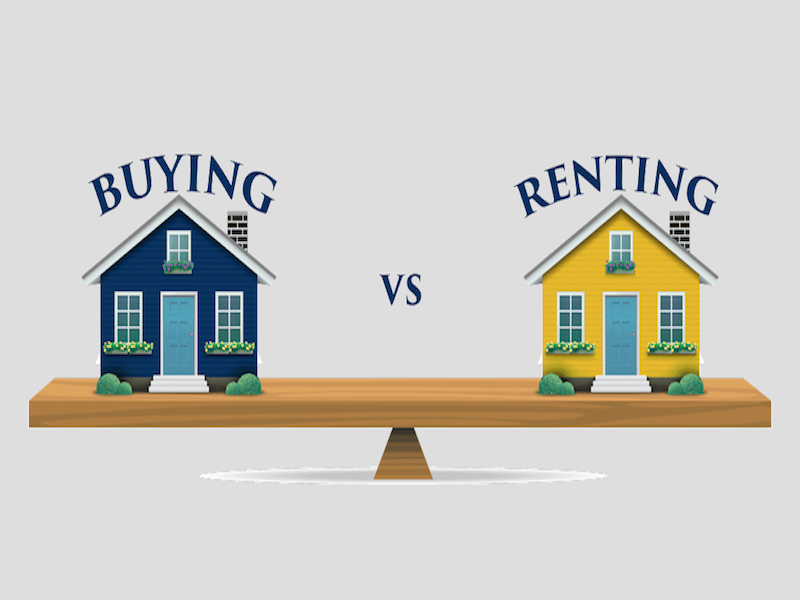
Investing in Sunshine: Real Estate Tips for South Florida
Investing in Sunshine: Real Estate Tips for South Florida South Florida's real estate market offers unique opportunities and challenges for investors. With its vibrant communities, beautiful weather, and growing economy, investing here can be highly rewarding. However, success requires understandin

Settling In: Essential Tips for New Homeowners
Settling In: Essential Tips for New Homeowners Congratulations on your new home! As you embark on this exciting journey, it's essential to transition from the home-buying process to homeownership smoothly. Here are some invaluable tips for new homeowners to ensure you're set up for a happy, comfort

Real Estate Trends: What’s in Store for 2024?
primeimages / Getty Images JANUARY 19, 2024 Real Estate Trends: What’s in Store for 2024? By Kim Hays Florida Realtors chief economist: Watch for the market to reignite over the next several months. “We have weathered the worst of it.” ORLANDO, Fla. – Watch for the Florida real
Categories
Recent Posts











